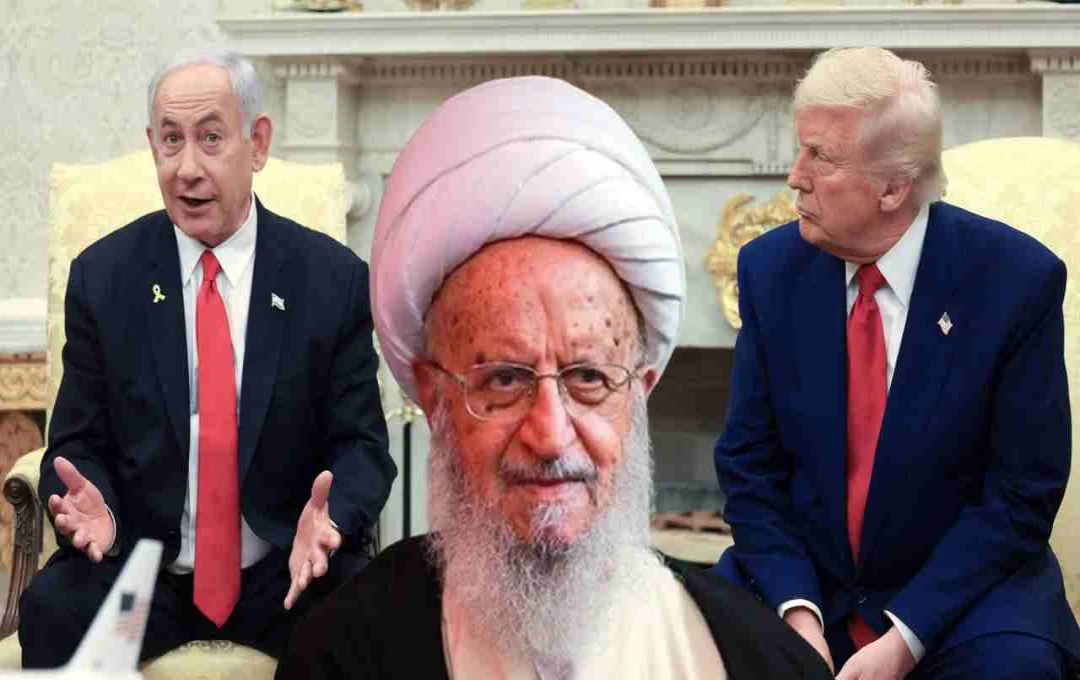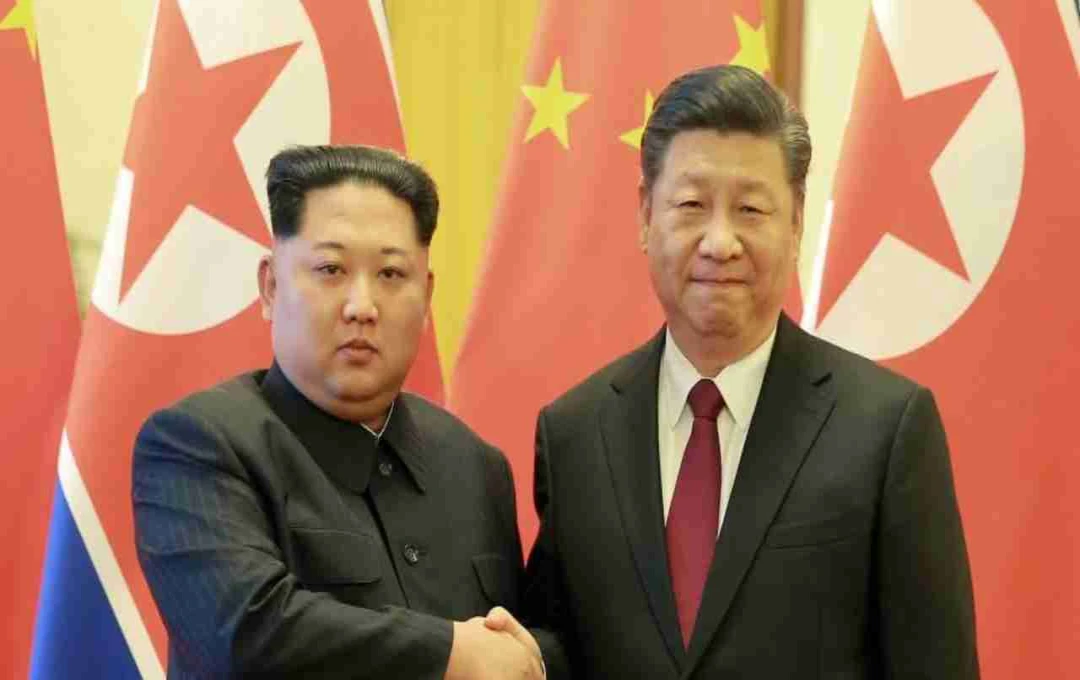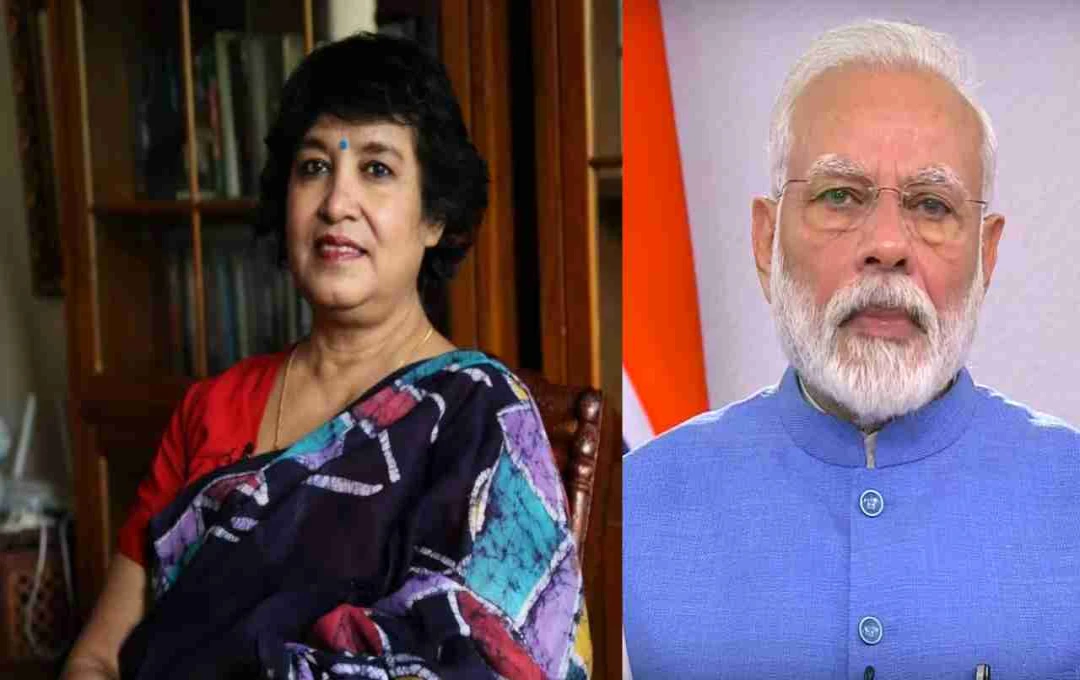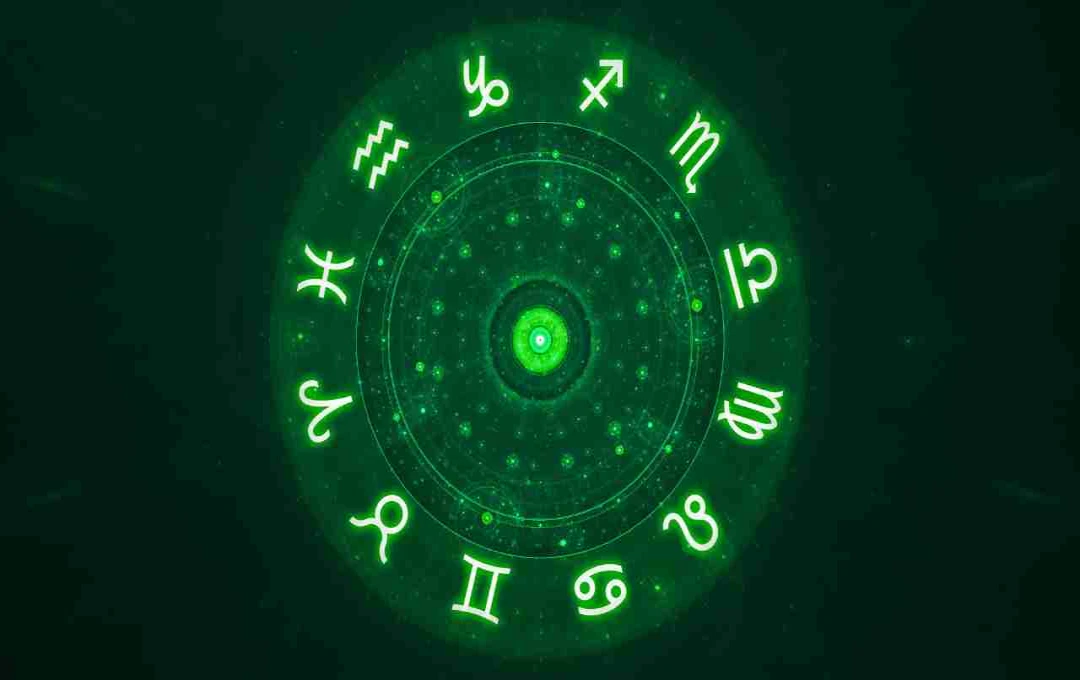Prominent Iranian Shia cleric Ayatollah Makarem Shirazi has issued a fatwa (religious edict) against former U.S. President Donald Trump and Israeli Prime Minister Benjamin Netanyahu.
Tehran: Amidst the decades-long hostile relations between Iran and Israel, a significant religious and political statement has emerged. Ayatollah Nasser Makarem Shirazi, an influential Iranian Shia cleric, issued a crucial fatwa on Monday, declaring former U.S. President Donald Trump and Israeli Prime Minister Benjamin Netanyahu as enemies of Iran.
In his edict, Ayatollah Shirazi appealed to Muslims to refrain from any support or cooperation with Trump and Netanyahu. He declared it haram (forbidden) according to Islamic Sharia law, stating that any form of closeness with these leaders is prohibited for the Muslim community.
Condemnation of Threats Against Iranian Leadership
The fatwa specifically mentioned that Donald Trump and Netanyahu have, in recent times, issued threats against Iran's Supreme Leader Ayatollah Ali Khamenei. Shirazi stated that such actions constitute a declaration of war against Allah. He labeled both leaders as "Mohareb" (those who wage war against Allah and Islam), and warned that according to Iranian law, a Mohareb can be sentenced to death by hanging.
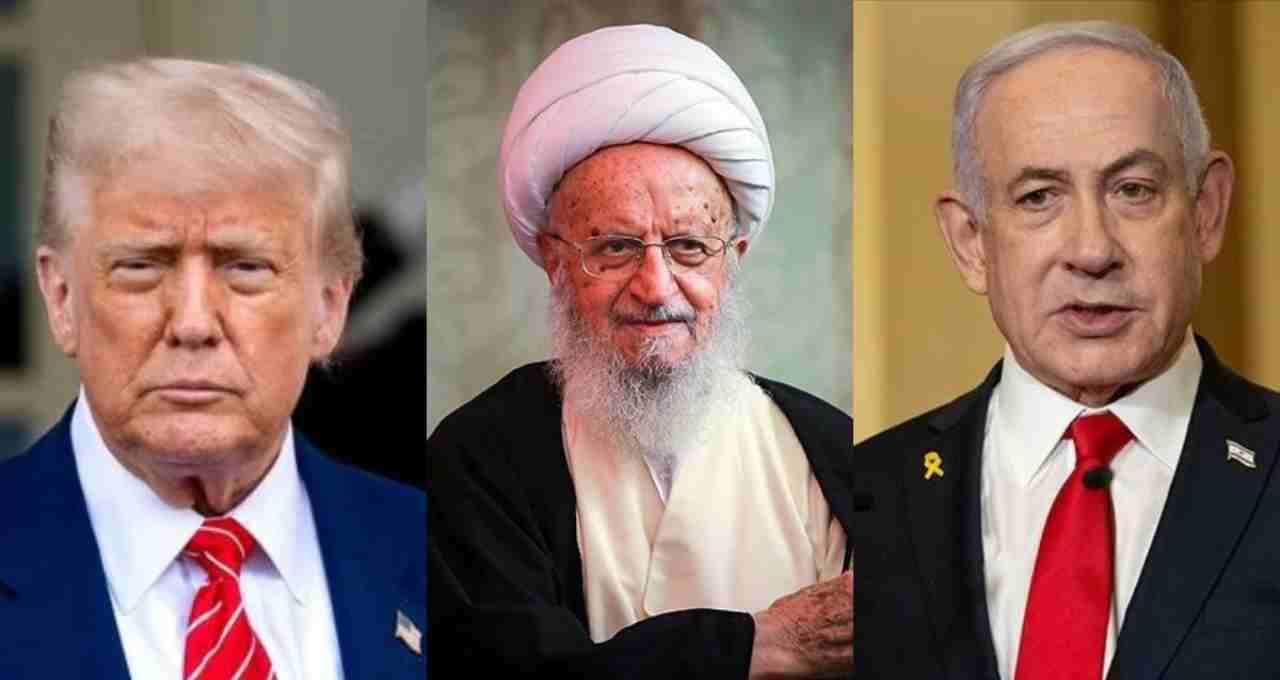
He stated, "Anyone who attacks our Supreme Leader or the sovereignty of our country will be considered a rebel against Allah, and the punishment for them will be equally severe."
Fatwa Issued After 12-Day War
Shirazi's fatwa comes at a time when a fierce 12-day war recently took place between Iran and Israel. In the conflict, which lasted from June 13th to June 24th, Israel targeted several Iranian military bases and its nuclear scientists. In response, Iran launched ballistic missiles at Israel. Hundreds of lives were lost during this period, and an atmosphere of fear prevailed in both countries.
Even after the end of the war, tensions between the two countries have not subsided. In this context, Shirazi's fatwa is seen as an attempt to maintain unity among the Iranian people.
Call for Muslim Unity
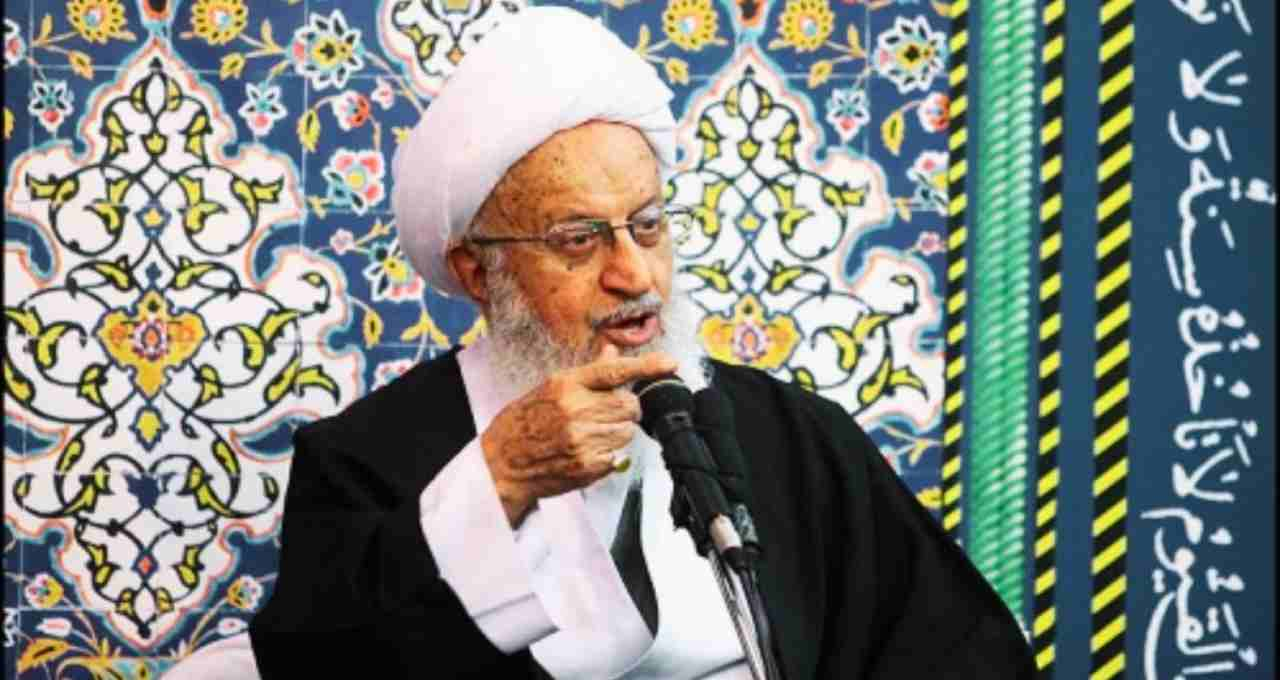
In his edict, Shirazi appealed to Muslims around the world to come together on a single platform and jointly oppose the policies of the United States and Israel. He stated that the Muslim Ummah must stand against those forces that are continuously attacking our religion, culture, and sovereignty. He further added that Islamic countries should set aside their internal conflicts and unite against these global challenges. He said that the day Muslim countries achieve b mutual unity, the path to peace and development will be paved.
It is noteworthy that hostility between Israel and Iran is not a new phenomenon. Issues like Iran's nuclear program, the Palestinian issue, and involvement in Syria have worsened relations between the two over the past decade. These conflicts have often escalated to missile attacks and military actions. Last year, Iran and Israel also exchanged missile attacks, and the 12-day war this year is a recent example. During this war, Israel carried out intense bombing on Iran, while Iran retaliated by targeting several Israeli cities.
